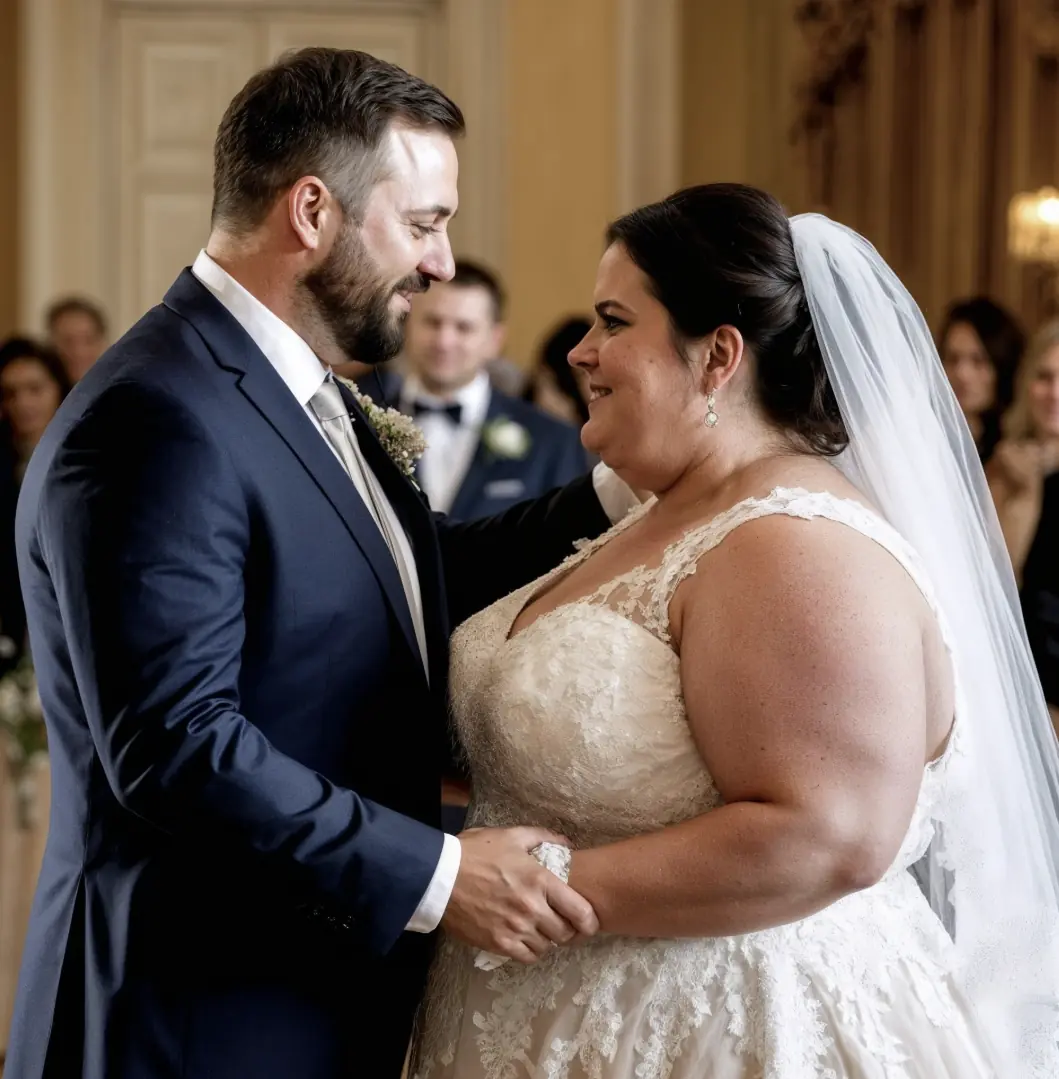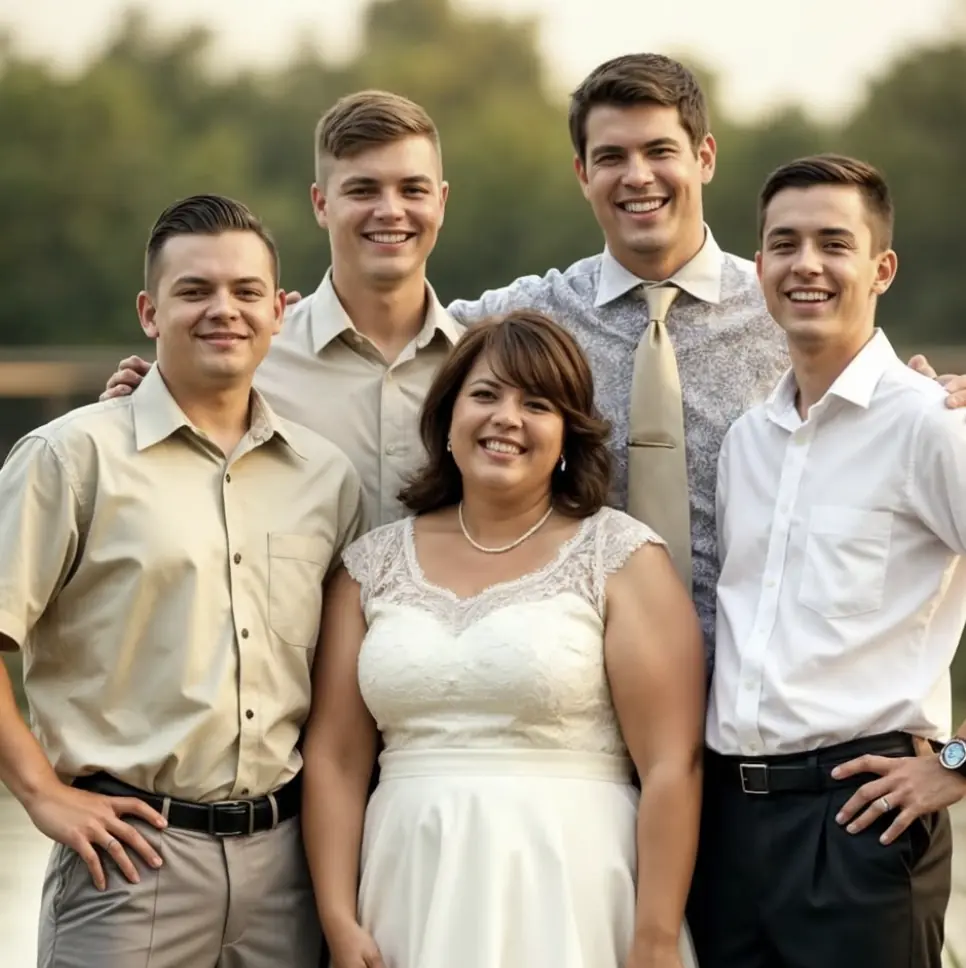When my husband and I bought our first home, it felt like the beginning of a dream. We had worked hard for years, saving every spare dollar, skipping vacations, and choosing second-hand furniture just to make it happen. The day we signed the papers, we stood in the empty living room holding hands, imagining the future we would build inside those walls.
For a while, everything was exactly how I hoped. We decorated the nursery for our first baby, hosted backyard barbecues with friends, and celebrated small victories—like finishing a DIY bookshelf that didn’t collapse. I thought our life was perfect.
But everything changed the moment my mother-in-law, Helen, moved in.
It began innocently. She needed a place to stay temporarily after her rental was sold unexpectedly. Of course, we agreed. Family supports family—at least that’s what I’d always been taught. I expected a few weeks at most. Maybe a month.
But not only did she move in—she arrived with enough luggage to last two years.

On her first day, before even saying thank you, she walked through the house like a real estate inspector, touching walls and lifting curtains. She frowned at our décor and started criticizing every choice we had made.
“These curtains are too dark.”
“That couch doesn’t match the carpet.”
“Who chose this wallpaper?”
I forced a smile. “We like it this way.”
She just nodded, clearly unconvinced.
By week two, she was already rearranging furniture without asking. One day I came home and found the entire living room layout reversed. When I asked what happened, she shrugged:
“Oh, I just fixed it. You’re welcome.”
Fixed. As if everything we had lovingly chosen was wrong.
By week three, she began telling neighbors that she was the homeowner.
I laughed the first time I overheard her casually saying, “Yes, my home is quite cozy.” I chalked it up to her wanting to seem more stable after her move. But as time went on, the comments became more specific.
“I’ve owned this house for years.”
“This is my family property.”
“I allow them to stay here so the place doesn’t feel lonely.”
She said it with such confidence that even I might have doubted the truth if I didn’t sign the purchase contract myself.
I told my husband—let’s call him Mark—who always tried to excuse her behavior. “She’s just adjusting,” he said. “She doesn’t mean anything by it.”

But I noticed that whenever I tried to express how uncomfortable I was, he shut down the conversation. His automatic defense of her felt like a wall gradually rising between us.
Then came the night everything changed.
We were hosting a small dinner. Helen insisted on picking the guests: two neighbors she had befriended. As we ate, one of them complimented the house.
“It’s such a lovely place! You must be proud to own it,” the neighbor said to me.
Before I could answer, Helen cut in.
“Actually, the property is legally under my name. My son and his wife are living here with me until they can afford their own place.”
Silence.
Shock burned in my chest. I stared at her, speechless.
“That’s not true,” I finally said, trying to maintain a polite tone. “We bought this house—”
Helen interrupted sharply, “Dear, let’s not confuse our guests. This house has been in the family long before you joined.”
"Joined"?
Like I was some outsider intruding into her legacy?
The rest of dinner was awkward, my mind spinning with disbelief. After guests left, I confronted her directly.
“Why are you lying about owning our home?”
She looked at me calmly, as if I were the one being unreasonable.
“Because it is mine,” she replied. “Mark used my name on the final documents. He told me it was better that way.”
My heart sank.
That couldn’t be true.
Could it?
I looked to Mark for reassurance, but his face said everything—he already knew this would surface.
“Helen helped us with the down payment,” he finally said. “And the mortgage adviser suggested putting the house under her name temporarily for financial benefits. It was supposed to be just paperwork. I didn’t think it mattered.”
Didn’t matter?

He had kept this from me. He had let his mother believe she now controlled our home.
I felt betrayed—by both of them.
“You should have told me,” I whispered painfully.
“I was going to,” he insisted. “I just didn’t want to stress you.”
Helen stepped in, her voice firm and smug. “Everything in this house belongs to me. So I make the decisions now.”
That was the moment I realized this wasn’t temporary. She wasn’t planning to leave. She believed she owned our life—and that we should live by her rules.
For the next few days, tension wrapped around the house like thick fog. Helen took over the kitchen. She reorganized our bedroom drawers. She critiqued how we cared for our child—claiming she “knew better.” Every time I protested, she waved the house ownership in my face.
I felt like a guest in my own home.
Then one evening, as I tucked my daughter into bed, she asked me, “Mommy, why does Grandma say we live in her house? Aren’t you and Daddy in charge?”
Her innocent question broke something inside me.
This wasn’t just about furniture or paperwork. It was about our family, our peace, our dignity.
I knew what I had to do.
I sat down with Mark in private, voice shaking but steady. “Either we fix this… or we leave.”
He looked stunned—but then something softened in his eyes. He wrapped his arms around me and whispered, “I’m sorry. I lost sight of what mattered.”
The next week, with a lawyer’s help, the house title was officially transferred to both our names—legally and permanently. It wasn’t easy. Helen argued. She cried. She called it betrayal. But eventually, she accepted that she had no right to claim our home.
Once that truth was undeniable, her power over us faded. And slowly—very slowly—she made arrangements to move out.
The day she left, the house felt bright again. Like it could breathe.
Standing in the doorway, holding Mark’s hand, I realized something:
Home isn’t walls or mortgage papers.
It’s not ownership or authority.
It’s the people who choose to build a life together—and protect it.
And while I may not forget those tense months anytime soon, I learned a lesson I will never unlearn:
Never let anyone—even family—rewrite the truth of what you’ve worked so hard to create.
This is my home.
My family.
And no one gets to claim it but us.









































